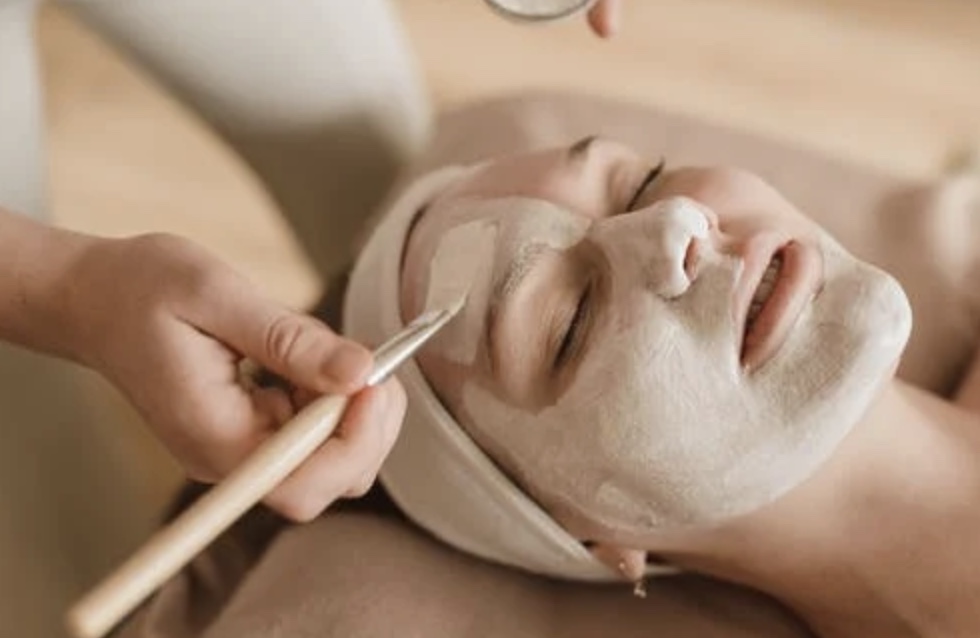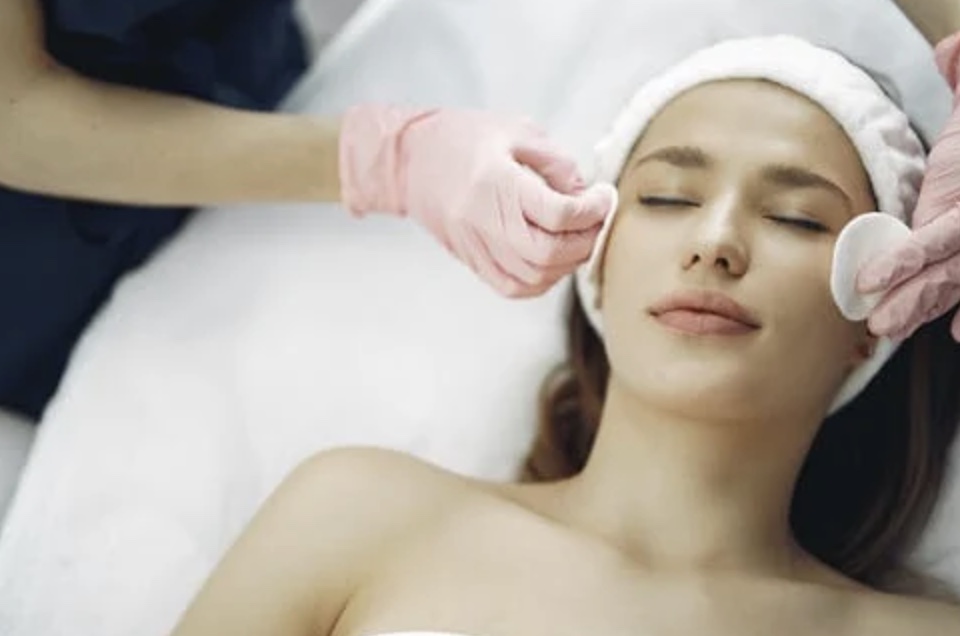Having acne can be very frustrating for people of all ages. Acne is a term that refers to pimples, whiteheads, blackheads, and other such blemishes on the skin. These are caused by bacteria that find their way into pores in the skin and feed off sebum produced by glands under the skin’s surface. Bacteria cause inflammation resulting in redness and pus-filled bumps or spots on your face. This article will show you how to treat acne and not bother you anymore.
Chapter Overview
Skin Therapy
With skin therapy, they use various methods to treat the underlying causes of your acne. The Chantal Louise Skin Therapy includes microdermabrasion, chemical exfoliation, and hair removal treatments like laser or electrolysis. These all allow them to get rid of any dead skin cells that may be blocking pores on your face, so you don’t have new pimples forming underneath. Skin therapists can also prescribe other medications for different types of acne unrelated to blocked pores, such as anti-inflammatory medications for cystic acne that occur deep within the skin rather than on top where normal topical treatments work best.
Benzoyl Peroxide
Benzoyl peroxide is an over-the-counter medication that helps fight acne. It comes in many different forms, including gels, creams, and washes. Benzoyl peroxide can help clear up acne and prevent new breakouts from forming. It kills the bacteria that cause acne and helps to reduce inflammation.
Salicylic Acid
Salicylic acid is an alpha hydroxy acid that is effective in treating acne. It works by exfoliating or peeling the upper layers of skin, removing excess oil and dead skin cells from pores on your face. Salicylic acid can come in many forms, including cleansers, creams, gels, and foam pads for use with a facial cleansing brush. All are effective at unclogging pores but must be used regularly for best results.
Retinol
Retinol is a form of vitamin A that helps clear up acne by unclogging pores. It also promotes the growth of healthy skin tissue, reduces wrinkles and fine lines, and helps to lighten age spots and blotches on your face. Retinol can come in many different forms, including creams, gels, serums, or masks. Most are applied at night before bedtime, but some are effective when used during the day under sunscreen if you have oily skin only.
Chemical Peel

They use chemicals to peel off the top layer of your skin. It opens up pores and allows them to heal under new, clear skin. A dermatologist or esthetician applies the chemicals to not damage surrounding tissue. When done correctly, chemical peels can be very effective at removing acne scars while improving the appearance of wrinkles and fine lines and improving the texture and tone of facial skin.
In summary, acne is a condition that affects almost everyone in their lives. The best way to treat acne is by using a combination of methods that attack it from all angles. It could include topical treatments or oral medications. You should also avoid picking or popping pimples, which can cause scarring, and ensure you keep your skin clean and dry at all times. Finally, drink plenty of water and eat a balanced diet to help keep your skin healthy from the inside out.

